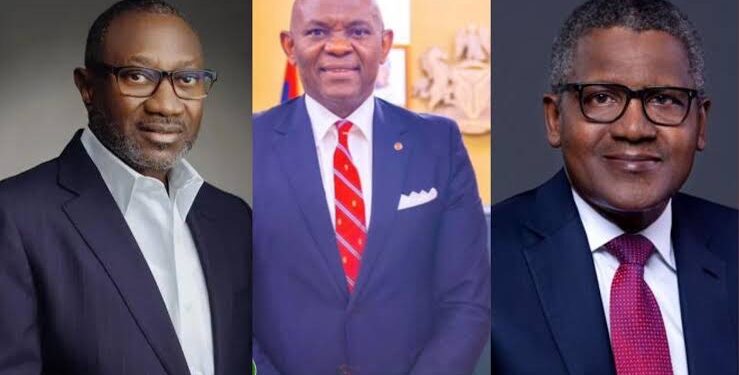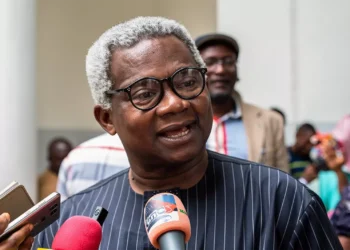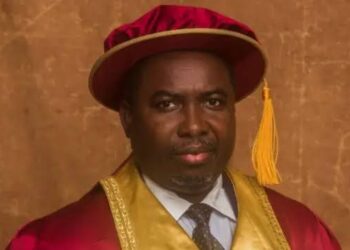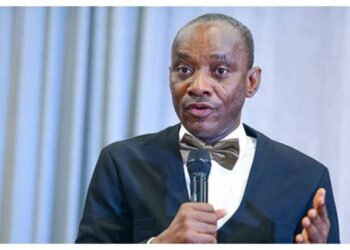Tunji Alausa, the Minister of State for Health and Social Welfare, has launched the Nigeria End Malaria Council in Abuja. This new initiative is part of the government’s effort to eliminate malaria across the country.
Prominent business leaders have been recruited to support this cause, including Aliko Dangote, Chairman of Dangote Group; Femi Otedola, Chairman of Geregu Power Plc; and Tony Elumelu, Chairman of Heirs Holdings.
At the council’s inauguration on Friday, Alausa explained that these business leaders will work with the Nigerian Governors’ Forum, the National Assembly’s Health Committees, and women’s organizations to combat malaria. The aim is to reduce and eventually eliminate the disease, which is a significant health challenge in Nigeria.
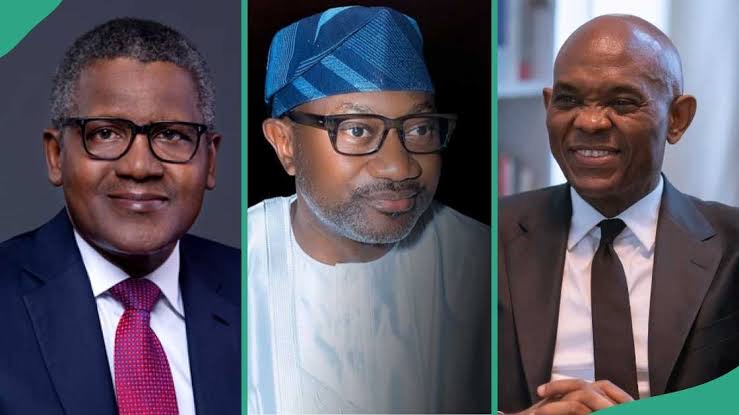
Alausa highlighted the urgency of addressing malaria due to its high prevalence. The Nigeria End Malaria Council was originally established on August 16, 2017, by former President Muhammadu Buhari. Its goals are to keep malaria a top priority on national and state agendas, secure strong political support, and gather resources, especially from the private sector, to support the national malaria strategy.
Although the council has not met since 2022 due to government changes and other issues, its Secretariat remains active. Nigeria contributes to over a quarter of global malaria cases and around a third of the more than 600,000 malaria deaths worldwide, with children and pregnant women being the most affected. Malaria significantly impacts child mortality, hospital visits, school attendance, and household expenses.
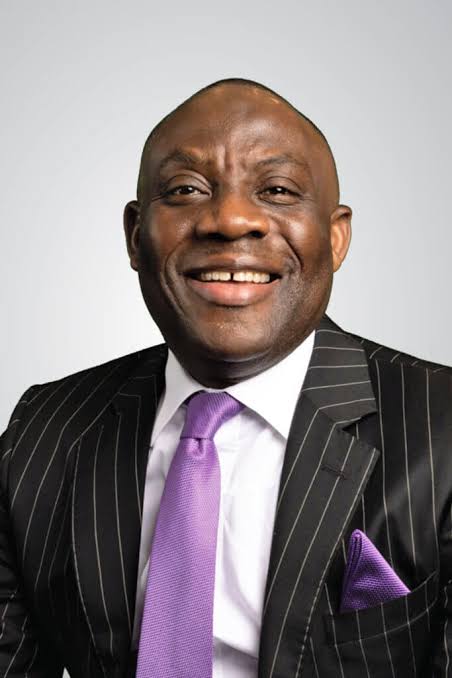
Alausa also noted Nigeria’s commitment to combating malaria through international agreements and discussions, such as the Ministerial Conference on Malaria in Yaoundé, Cameroon. The roundtable discussion, “Rethinking Malaria Elimination in Nigeria,” brought together stakeholders to strategize on tackling malaria.
With a population of over 200 million, Nigeria faces a substantial challenge in addressing malaria. Alausa emphasized that while current methods like antimalarial medicines and protective measures are important, they are not enough. He stressed that relying solely on donor support is neither adequate nor sustainable for eliminating malaria.
Dangote, who has previously served as Nigeria’s Malaria Ambassador and a member of the Global End Malaria Council, will lead the new council. He expressed confidence that the council’s efforts would reduce the malaria burden and improve the quality of life for Nigerians.
Dangote highlighted the need for strong political commitment and advocacy to secure necessary funding and ensure progress towards ending malaria.
The council members will focus on mobilizing funds and resources to eliminate malaria and sustain progress in Nigeria.


